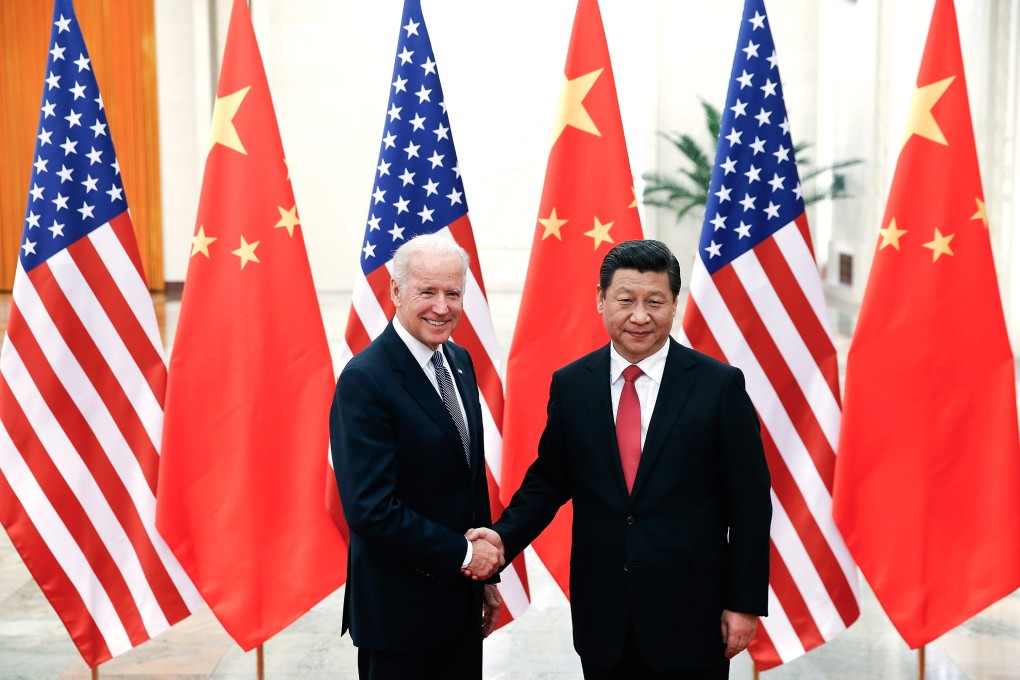China Briefing | No discord, no concord: Xi-Biden meeting is a sign China-US relations may enter a period of de-risking
- The leaders have agreed in principle to hold a virtual meeting before the end of the year – the first formal talks since Biden took office
- It comes amid recent developments that provide grounds for cautious optimism, as both countries have started to move away from their confrontational approach

That it also comes after months of tension marked by acrimony and accusations between the two countries has given a new interpretation to an old saying in China: “No discord, no concord.” Beijing and Washington have improved mutual understanding through rivalry and confrontation, even though both leaders had supposedly already established a rapport through spending a substantial amount of time together when they were vice presidents.
The fact that it took them so long to have a formal meeting also reflects the changing dynamics of the tortuous path China-United States relations have embarked upon.
At the beginning of the year, there was brief, misplaced optimism that a Biden presidency was more likely to put a floor under the free-fall in bilateral ties after the Trump administration’s chaotic four years in power. But since then, relations have worsened, and the confrontational nature of the relationship has continued to dominate global headlines.
But Washington’s tough rhetoric and its much-touted efforts to rally its Western allies to gang up on Beijing have failed to alter China’s behaviour and stance at home and abroad, contrary to the original American thinking that strength in numbers would make the Chinese leadership backtrack. In fact, Beijing has doubled down on its diplomatic approach, which apparently prodded Washington to rethink some elements of its evolving strategy on China. The Biden administration has reportedly undertaken a months-long review of its policies towards China.

